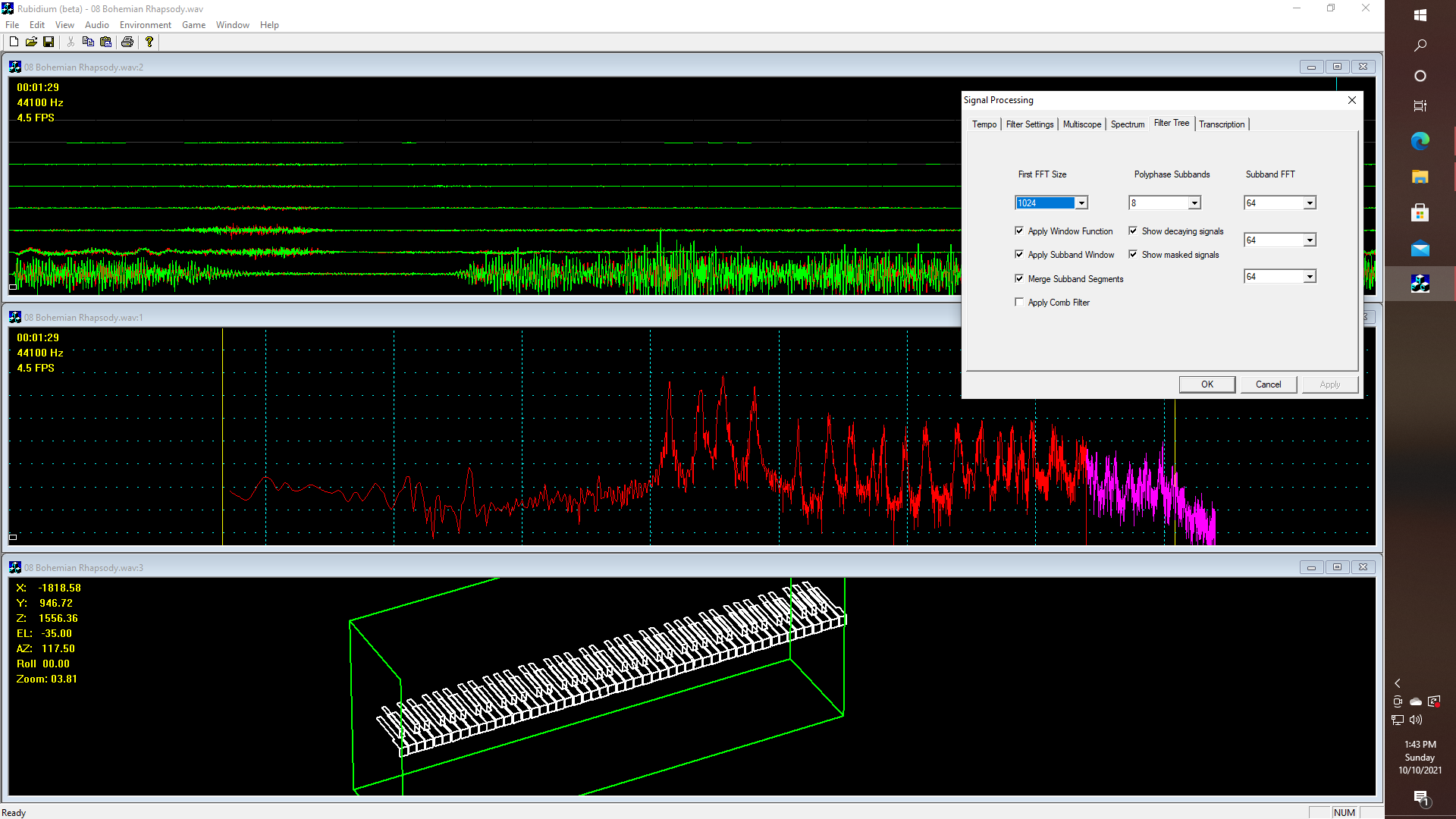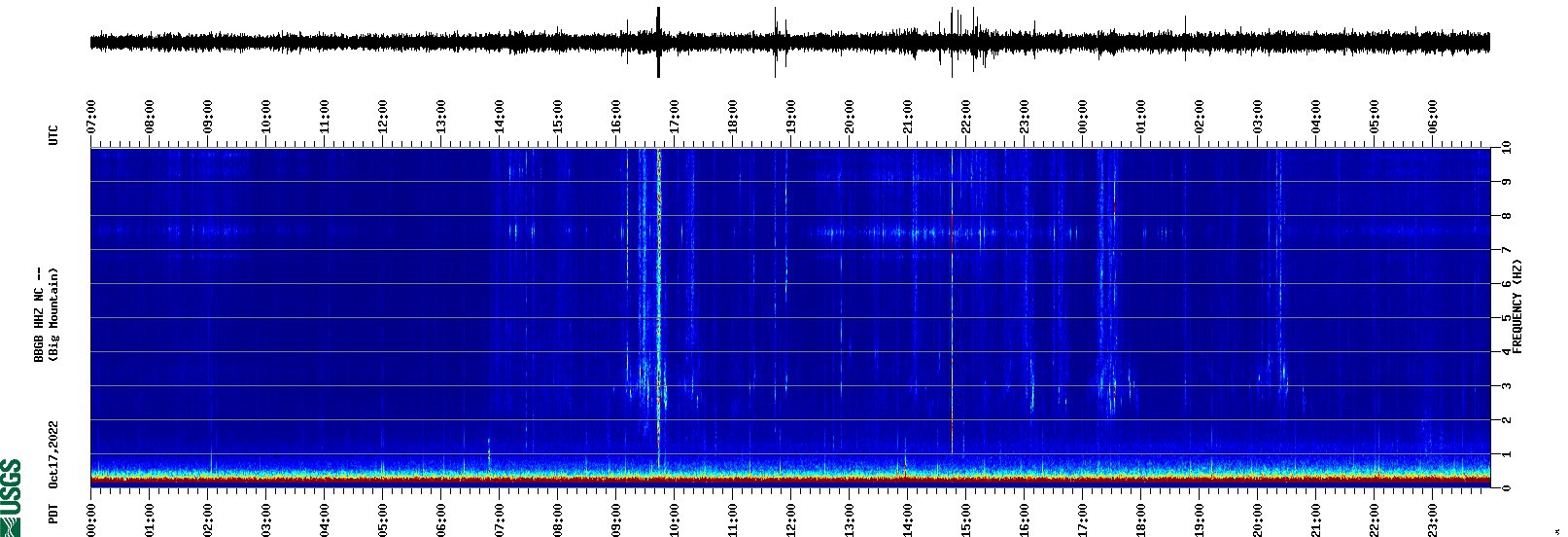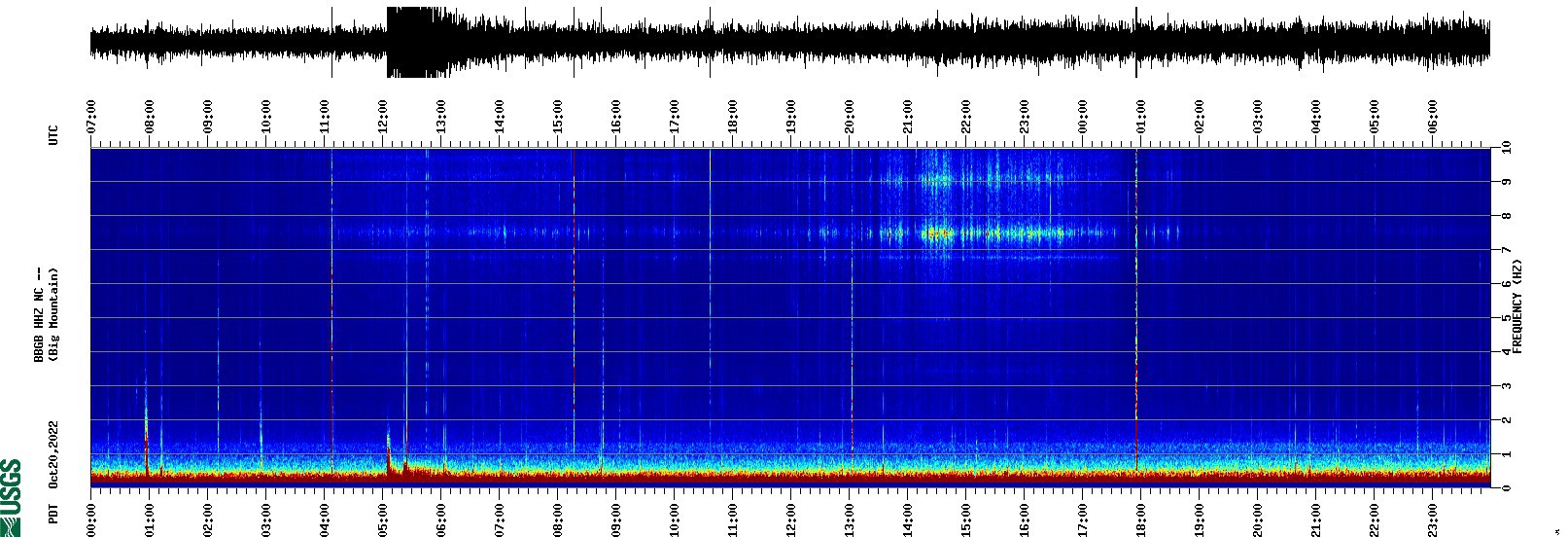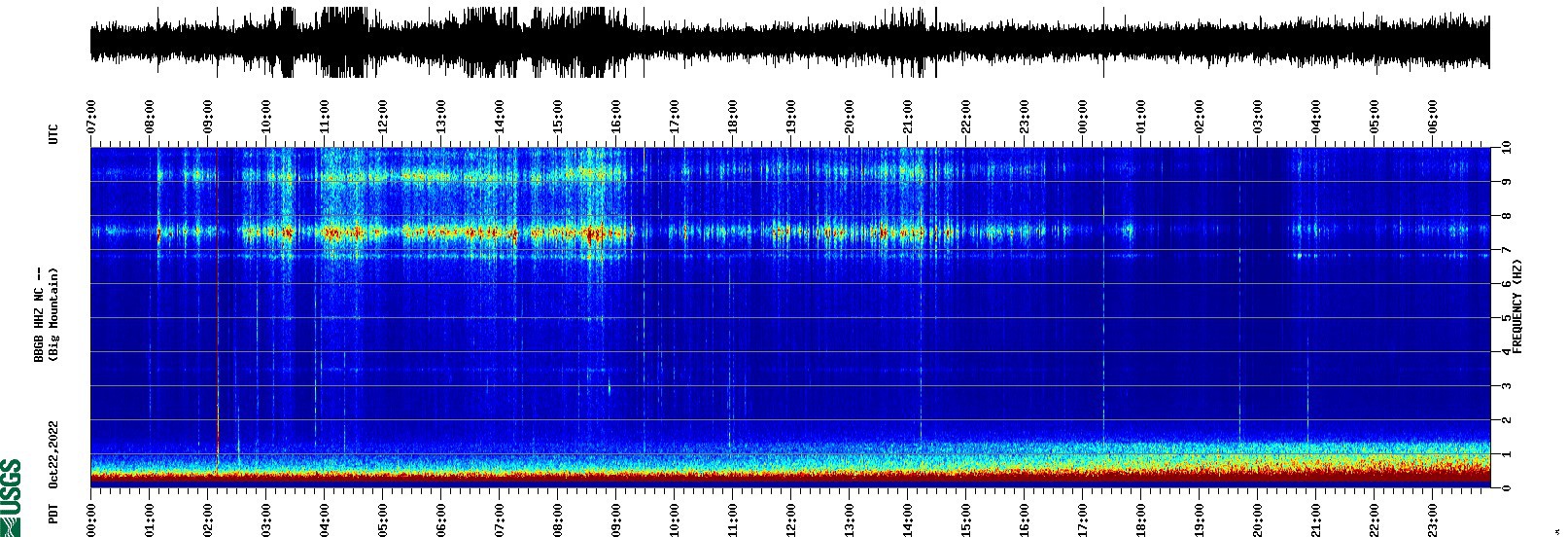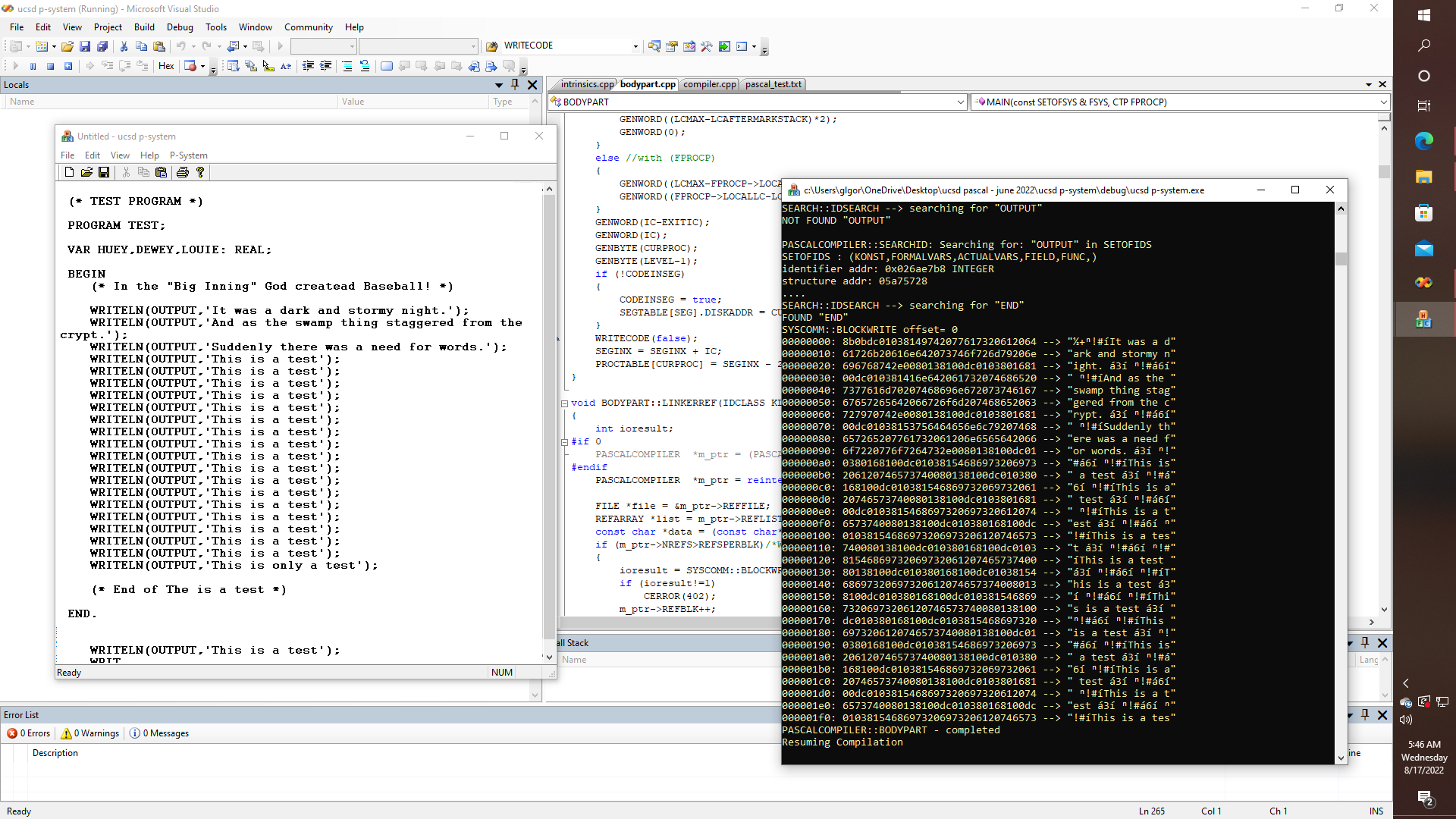Even as I draw that much closer to finally having a working PASCAL compiler for the Parallax P2/Arduino/TTL-NOR machine, etc., one of the things that I would like to point out is the fact that I am also interested in the prospect of free-form natural language software development. Thus, a random narrative might turn out to be useful for developing so-called genetic algorithms. In computer science, as well as cognitive science there is the concept of "frames". Thus sometimes there are stories, and stories that contain stories within, like Alice in Wonderland, or the Wizard of Oz, and these are sometimes referred to as frame stories. Consider the following:
It was a dark and stormy night, and as the swamp thing staggered from the crypt. Suddenly there was a need for words. First, there was the maze, and then there was the rabbit hole, which led to yet another labyrinth. Even as the vultures circled overhead, I had to wonder if I was heading nowhere. The vastness of the desert soon revealed what appeared to be an oasis. Yet what if it that was nothing more than a mirage, or just some other kind of apparition, which would eventually be revealed to be just some ever more treacherous abyss? Yet the birds had to come from somewhere? Right! And that somewhere had to exist - somehow, and somehow there would probably be trees. Ah, trees. The relevance of trees cannot be underestimated!
Now, let's change the subject:
Can the unicorn and the Cheshire Cat ever become friends?
I asked this question of GPT-3 a while back and got an interesting response. Maybe I will paste it into this story at some point in time. Mapping mazes is something that computers can be programmed to do, at the risk of sounding like I am actually trying to say something that is on topic, and actually relevant to this post. Yet what if all of this is quite relevant? That is to say, in the sense, of trying to not just create a new and improved platform for developing robots, or AI, or whatever, whether it is for STEM, or for industrial, or IoT, or for whatever. Rather, I want to point out something, and that something relates to the fact that one thing that computers are not good at is assessing contextuality. GPT-3, from what I hear is pretty good at predicting the next word in a sentence, much of the time, but will still fumble on questions like "How many stars do you see? *****" So clearly there is much work to be done.
Improving the functionality of the Pascal compiler will be an important step in that direction since just as I have been tinkering with ELIZA, I would also like to eventually get SHRDLU up and running with a real robot. Thus I think that I am on the right path by trying to create a PASCAL-LISP-like hybrid environment that will be used to accomplish many if not all of the things so far discussed.
 glgorman
glgorman